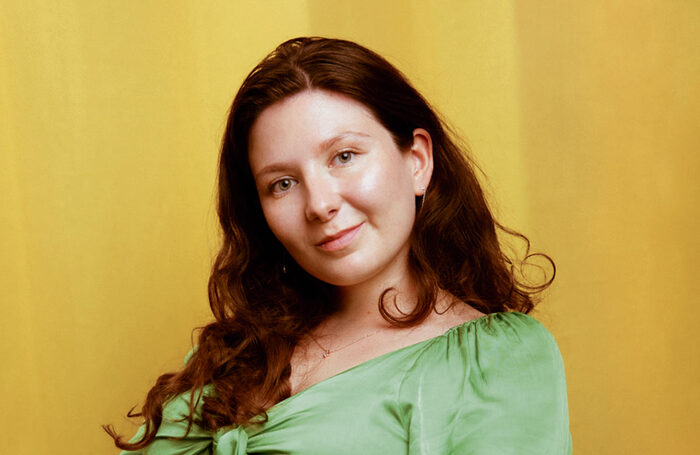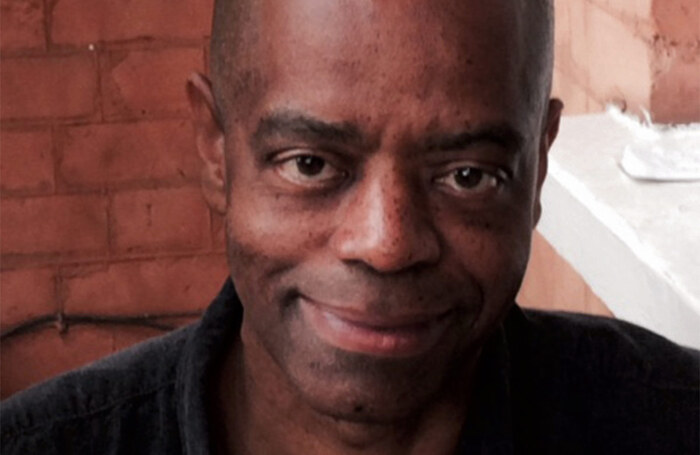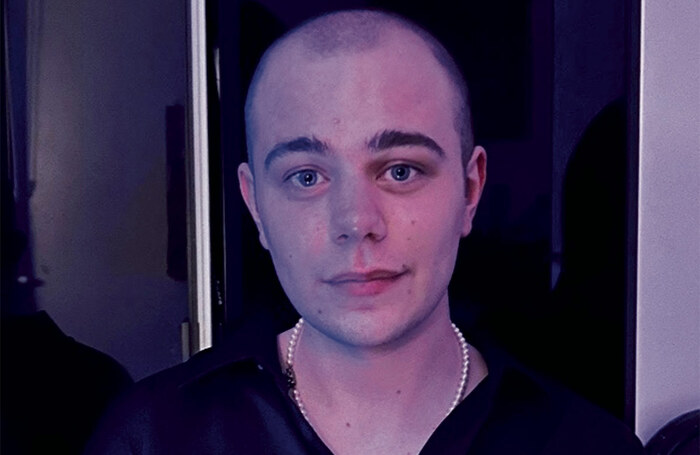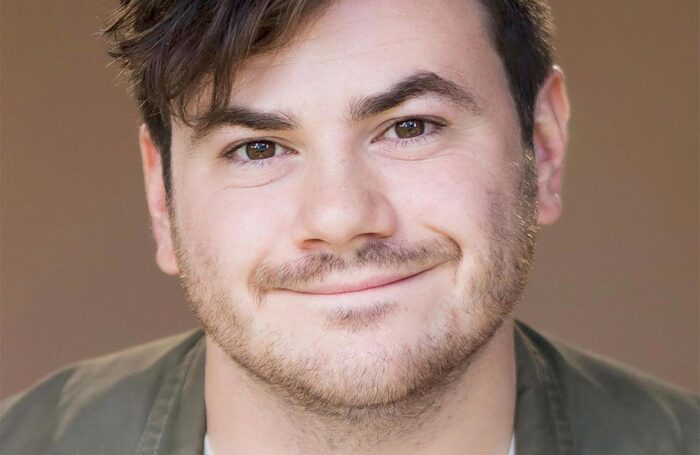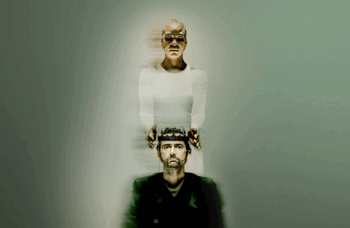‘Enjoy every moment’: making the most out of your drama school training
Getting accepted on to a course is just the start of an exciting new chapter – but how do you get the best from the experience, not just as a future theatre professional but also as an individual? Teachers and graduates share their tips with Samantha Marsden
Training at drama school is exciting, but it can also be difficult and intense. The staff will have worked hard to create a training programme for you, but a lot of your learning will depend on how you absorb and respond. I have spoken to recent drama school graduates and staff about how you can make the most of your drama school training. Here are some tips.
Don’t lose yourself
When starting drama school, it is likely you will be in a new home, new city and with new friends. It might feel difficult to feel rooted and feel yourself. On top of this, you are training in a craft that asks you to portray other people. Try to make space for you, alongside your training.
Julia Romano graduated from LAMDA in 2019 with a BA (hons) in Acting, and has since founded a platform called Audition Access, helping more than 100 actors into UK drama schools since 2021. She says: “Remember to spend time with those outside of drama school. It can be a bubble you can get lost in, so don’t lose yourself in the process.”
Continues...
Prioritise well-being alongside training
It can be tempting to spend what little free time you have on putting in the extra hours for your training, plus you might have a job, or jobs, to juggle. However, if you are not giving yourself time for your mental well-being, you may find it hard to absorb your training, and over time you could suffer from burnout. Try to create small pockets of time for your well-being.
Mike Bryant, head of student well-being at RADA, says: “Pursuing an acting or technical theatre career can be emotionally and mentally taxing. It’s vital for students to prioritise their psychological well-being alongside honing their craft. Emphasising well-being means making time for self-care and there are a variety of ways to do this: exercising regularly and finding time within a packed schedule to relax. Even when schedules get hectic, students can find small windows of time for brief meditations or breathing exercises to reduce stress.
“Alternatively, on days when there isn’t time for exercise, students can do quick yoga stretches or go for a short walk to relieve tension and clear their head. Students can also help their well-being by connecting with classmates to build a support system and collaborate.”
Engage with other disciplines
Jak Malone graduated from the BA (hons) in Acting course at LIPA in 2018. He is now performing in Operation Mincemeat at the Fortune Theatre in London’s West End. He explains: “I found a great deal of benefit from collaborating on extracurricular projects and helping my friends with their work.
“I covered so much ground. I did voice-over work for sound technician students. I modelled costume pieces for designers, carried equipment and held boom mics. I sat on audition panels. I even provided a sample of my whistle for a music track.
“So, not only was I able to graduate with a first class BA (hons) in Acting, but I also completed my studies with a good base knowledge of what goes in to making a performance happen. I gained practical experience that went beyond the classroom and that knowledge has been invaluable in my career. I can understand, I can empathise, and occasionally I can even help. Be hungry to learn. And learn everything.”
Go in with an open mind
If you are going to drama school it is likely you have wanted this for a long time, and that you worked hard to secure the place. You might have ideas about what you think drama school will be like.
Sam MacKay graduated in 2022 with a BA (hons) in Contemporary Performance Practice: Drama, Applied Theatre and Education. They say: “It is what you make of it. Remove any ideas of what you think drama school will be, because that will only make it harder for you to be present and in the moment, which, in turn, will make it hard to enjoy.
“Go in with positivity and realism in equal measure and enjoy every moment of your time as a drama school student.”
Continues...
Frame things constructively
Some students take constructive feedback better than others. If you are someone who struggles with feedback, you might find this impairs your training.
RADA’s Bryant says: “It’s important that students see feedback from teachers as part of the learning process rather than as rejection. Reframing negative thoughts into productive goals for growth can help.”
Fail again, fail better
Failure is a part of learning in all fields, disciplines and life. However, it can feel intimating to fail in front of staff and students at a school you have dreamed of going to for years. Try to train yourself to be comfortable enough to fail in front of people.
Matthew Beckingham graduated from Performance Preparation Academy in 2022. He says: “Drama school is a place where you’re not supposed to be perfect. Try things out, be different and fail so you can learn in a safe, controlled environment what works and doesn’t. Failing is the best way to learn. Never stop trying things: throw yourself in, fail and learn from it.”
If you are not failing, then it is likely you’re not pushing yourself hard enough. Erin Carter, head of the school of drama at Leeds Conservatoire, says: “To make the most of your experience, embrace every opportunity to collaborate and play.
“Don’t be afraid to fail, to try things on for size, to challenge the limits of where your comfort zone lies. Immerse yourself in the craft and enjoy the time wrestling with the details. Be brave enough to be vulnerable, to bring yourself to the work and never apologise for being keen. You can’t be too passionate on what is an intense, brief and magical ride!”
Continues...
Focus on you
Although it is important to support fellow students, be careful not to get too sucked into other people’s personal dramas. It can be tempting to look out rather than in. But your years at drama school are a precious opportunity to go inward and do the inner work you need to do to shine.
Emma Mullen graduated from the Royal Conservatoire of Scotland in 2017. She says: “Once you graduate, life becomes pretty hectic, so use the time to focus on you. It’s so important to see as much theatre and TV/film as you can. Get to know the type of work you see yourself doing and type of people you see yourself working with. Focus on what you do best.
It’s easy to compare yourself to your peers and try to replicate what they do. But when you graduate, authenticity is the most important thing and it’s what will bring you opportunities. Never underestimate being kind, generous and hard-working.”
One last reminder...
If you have secured a place at drama school it is likely you are already someone who is hard-working and talented. To maintain your enthusiasm and work ethic, take care of your physical and mental health. Keep an open mind, welcome feedback, fail and do not forget to be you.
Most Read
Across The Stage this weekYour subscription helps ensure our journalism can continue
Invest in The Stage today with a subscription starting at just £5.99


